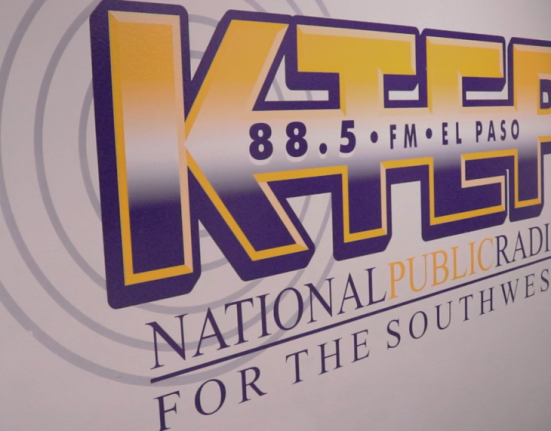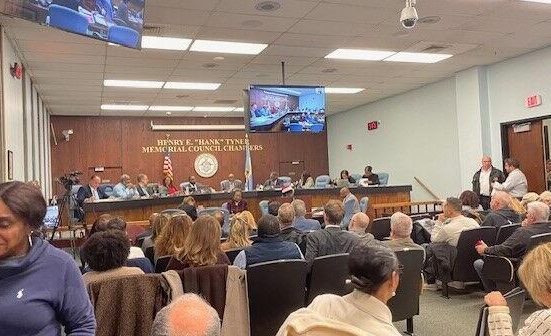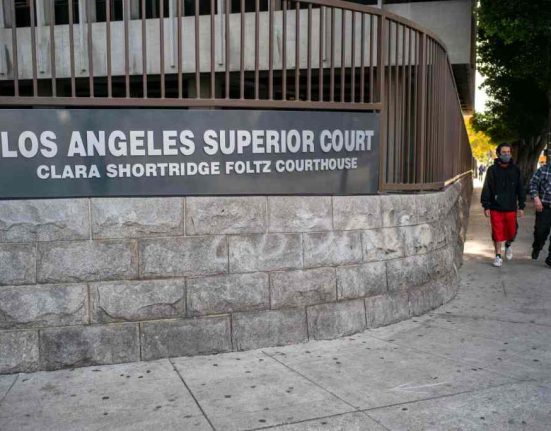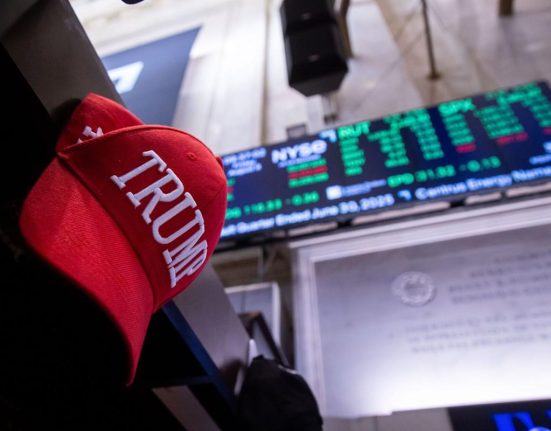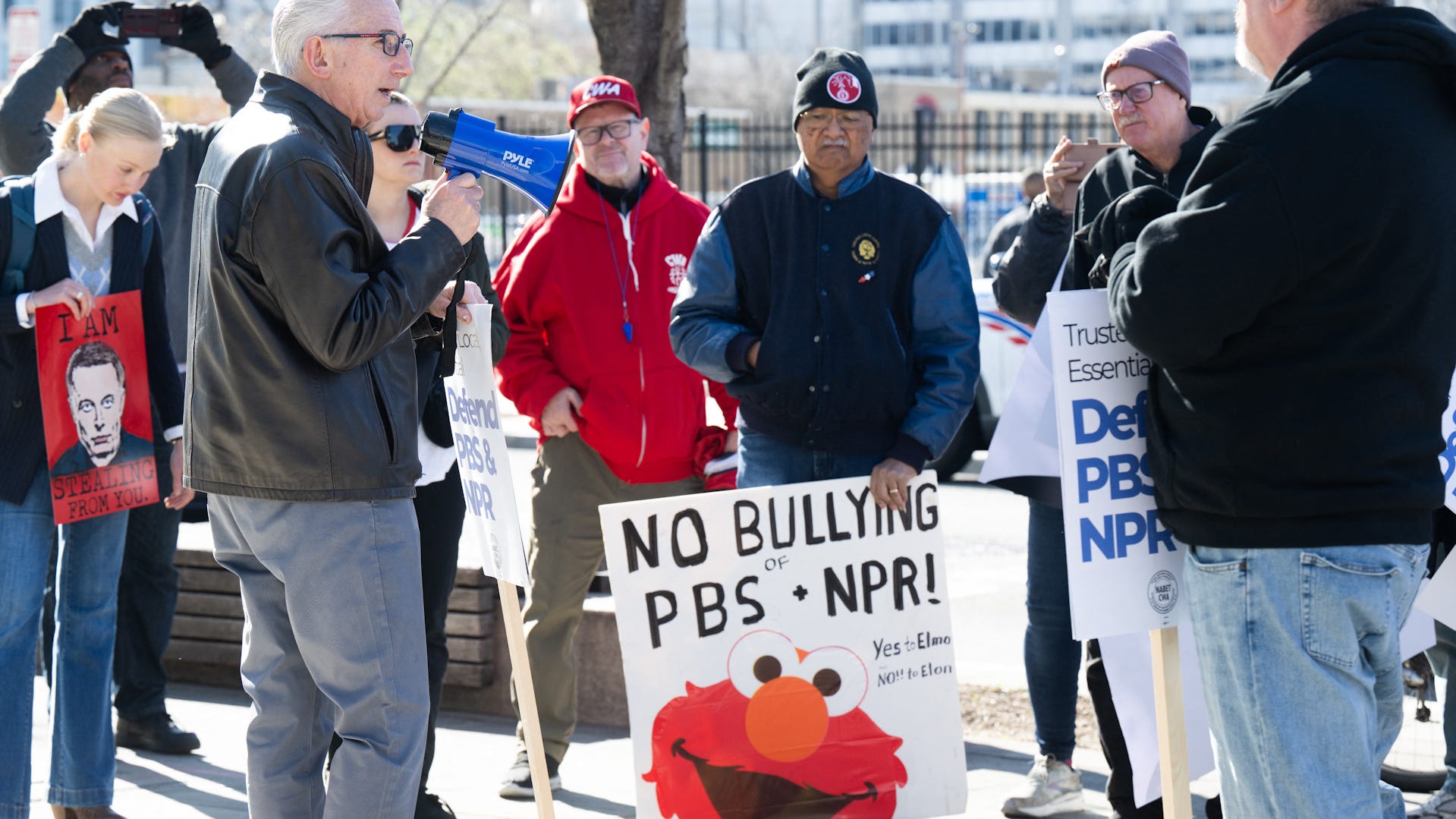
President Donald Trump signs order to cut PBS and NPR funding
President Donald Trump signed an executive order to stop directly funding PBS and NPR.
- President Trump signed an executive order to defund NPR and PBS, claiming left-wing bias.
- A Pew Research poll shows more Americans support continued federal funding for public broadcasting than oppose it.
- The executive order is part of a larger right-wing effort to eliminate public broadcasting funding.
President Donald Trump signed an executive order to stop providing federal funds to National Public Radio (NPR) and the Public Broadcasting Service (PBS). Can he do that? What does it mean for TV and radio broadcasting in Mississippi?
The Corporation for Public Broadcasting is the private nonprofit that manages the federal government’s public broadcasting investment. It disburses public funds to PBS, NPR and about 1,500 local public TV and radio stations.
CPB is already fighting Trump over its autonomy in court. Recently, he said he would remove three of five CPB members. The organization sued earlier this week, saying the president doesn’t have the authority.
The organizations are also likely to sue regarding funding after this order.
“The President’s blatantly unlawful Executive Order, issued in the middle of the night, threatens our ability to serve the American public with educational programming, as we have for the past 50-plus years. We are currently exploring all options to allow PBS to continue to serve our member stations and all Americans,” PBS President and CEO Paula Kerger said.
NPR President and CEO Katherine Maher has vowed to challenge the executive order in a statement issued May 2. She said stripping the funds will hurt local organizations.
“NPR programming is essential to the economic viability of its 246 Member organizations, generating on average 50% of all public radio listening, despite only accounting for roughly 25% of station programming,” Maher said.
The president has long argued that NPR and PBS provide left-wing biased news. The White House alleges that the organizations donate to the Democratic party and causes with in-kind contributions. And a news release points to several topics, like Hunter Biden’s laptop, that it says should have been covered or handled differently.
Notably, the White House has launched a new Drudge Report-style website to highlight only positive news stories and social media posts about Trump. White House Correspondents’ Association president Eugene Daniels has said new administration policies to control which reporters have access to Trump assault the “independence of the free press.”
A recent Heritage Foundation article from Project 2025 contributor Mike Gonzalez says the commander in chief is expected to asked Congress to rescind the funds they previously OK’d.
Congress has appropriated $535 million in funding for the Corporation for Public Broadcasting for fiscal year 2025. Trump signed the most recent continuing appropriations and extensions act. Because of congressional budgeting, the money is approved through 2027.
CPB was listed under the heading “Executive Office of the President and Funds Appropriated to the President.” Other agencies in the same group include the Food and Drug Administration, Federal Communications Commission, the General Services Administration, the National Archives and the Securities and Exchange Commission.
Federal funds flow to the TV and radio organizations through the parent Corporation for Public Broadcasting. In his order, Trump says the board “shall cancel existing direct funding to the maximum extent allowed by law and shall decline to provide future funding.”
The law that created CPB says it “will not be an agency or establishment of the United States Government” and it should “engage in its activities in ways that will most effectively assure the maximum freedom of the public telecommunications entities and systems from interference with, or control of, program content or other activities.”
The public broadcasting funds go to over a thousand public radio stations and 360 TV stations. Many of the TV stations are considered rural, according to CPB. NPR and PBS are independent of the local stations. CPB helps fund local stations but does not own them or control the programming.
In March, a Pew Research Center poll showed more Americans (43%) wanted to keep funding public broadcasting than remove federal dollars (24%). About a third of people were undecided. The vast majority of those who identify as or lean Democrat wanted to keep NPR and PBS (69%). About 44% of those who lean or ID as Republican, however, wanted to strip funding. About 37% of those were undecided.
What is the Corporation for Public Broadcasting?
Congress authorized CPB with the Public Broadcasting Act of 1967. It was designed to make content for children, minorities and underserved communities.
It also helps maintain infrastructure that gets emergency alerts to local stations in addition to public news, entertainment and education content.
More than 70% of its funds go to 1,215 public radio stations and 365 public TV stations, according to CPB
What is NPR?
NPR is a programming syndicator. More than 1,000 stations across the U.S. use its programming.
According to npr.org, the nonprofit is mostly funded through corporate sponsorships and NPR Member organization fees. Member stations are owned by nonprofits like colleges and universities.
“Every $1 of federal funding generates $7 from local sources, enabling stations to produce local journalism, support local and regional music and arts, and develop creative, informative, and entertaining programming for distribution across the nation,” Maher said in her statement.
Popular shows include:
- “Morning Edition” and “Weekend Edition”
- “Car Talk”
- “This American Life”
- “All Things Considered”
- “StoryCorps”
Popular podcasts include:
- “Planet Money”
- “Wait Wait… Don’t Tell Me!”
- “Fresh Air”
- “Tiny Desk Concerts”
What is PBS?
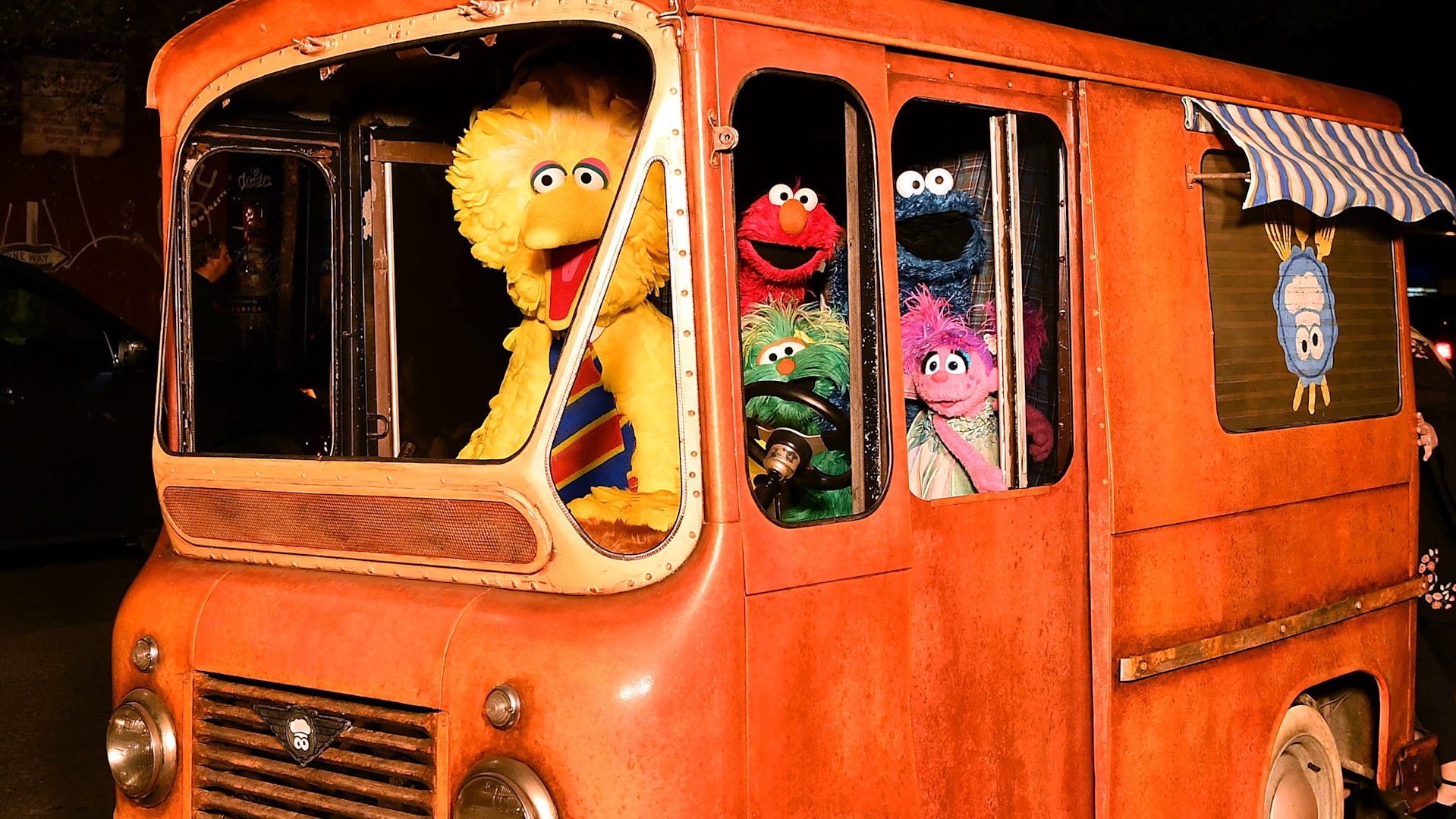
Elmo sad! ‘Sesame Street’ on hiatus as non-profit search for new home
Sesame Workshop, the non-profit behind “Sesame Street,” is looking for a new distributor after HBO decided against renewing the series.
PBS is a broadcaster for non-commercial, free TV.
It’s funded with public dollars, and it provides educational programs to stations across the U.S.
“Sesame Street,” one of the most-recognized and longest-running children’s shows in America, was created through a partnership between the nonprofit Sesame Street workshop and PBS. HBO had a deal to distribute the show that ended last year, and some government funding to the show ended when Trump cut USAID. The organization, however, does not primarily rely on government funds.
“Antiques Roadshow” is produced by WGBH, a PBS member station in Boston.
Other well-known PBS shows include:
- “Frontline”
- “Nova”
- “PBS News Hour”
- “Masterpiece”
- “Mister Rogers’ Neighborhood”
- “This Old House”
- “American Experience”
How is Mississippi Public Broadcasting funded?
Mississippi Public Broadcasting is owned by the Mississippi Authority for Educational Television, which has all the PBS and NPR licenses in the state.
According to a strategic plan for MPB for 2023-27, CPB passes a Congressional funding to the state station each year. According to MPB, about 18% of the budget is federal funding.
“Because Mississippi is a less populated state, the funding MPB receives is less than station counterparts. Should the number decrease, it would adversely affect our entire operation,” MPB wrote.
The federal funds already change year to year based on factors like station size, reach, how many stations are in a market, how many people live in the area and how much funding comes from the state and private donations.
Eliminating public broadcasting is a right-wing goal
The plan to eliminate NPR and PBS are outlined in Project 2025. The authors argue that public broadcasting only provides content for the very left. The president is instructed to defund it through the budgetary process.
“The 47th President can just tell the Congress — through the budget he proposes and through personal contact — that he will not sign an appropriations spending bill that contains a penny for the CPB,” Project 2025 reads.
It’s part of a long-term push to get rid of it, and the executive order is the latest volley in 2025.
Earlier this year, the U.S. House of Representatives held a hearing called “Anti-American Airwaves: Holding the heads of NPR and PBS Accountable.” Congress heard testimony from Gonzalez, Kerger and Maher, among others.
Georgia Republican Rep. Marjorie Taylor Greene chaired the session, eventually saying they’d call for public broadcasting to be defunded and claiming CPB is the cause of U.S. debt.
The annual U.S. budget for fiscal year 2024 was about $6.8 trillion. The U.S. debt was about $36.21 trillion as of April 30.
From 1969 until 2024, CPB has received about $15.4 billion, according to its information on appropriations, and it makes up a sliver of the annual budget.
“This is not about balancing the federal budget. The appropriation for public broadcasting, including NPR and PBS, represents less than 0.0001% of the federal budget,” Maher said in her statement May 2. “The President’s order is an affront to the First Amendment rights of NPR and locally owned and operated stations throughout America to produce and air programming that meets the needs of their communities.”
Brendan Carr, the new chairman of the Federal Communications Commission, told NPR and PBS they were under investigation. He said in a letter that the stations “could be violating federal law by airing commercials” that fall under prohibited advertising.
Both said they maintain all FCC regulations.
See photos of President Donald Trump in his first 100 days in office
Contributing: Scott Hawkins, Fernando Cervantes Jr. and Reuters reporter Kanishka Singh
Bonnie Bolden is the Deep South Connect reporter for Mississippi with Gannett/USA Today. Email her at bbolden@gannett.com.


